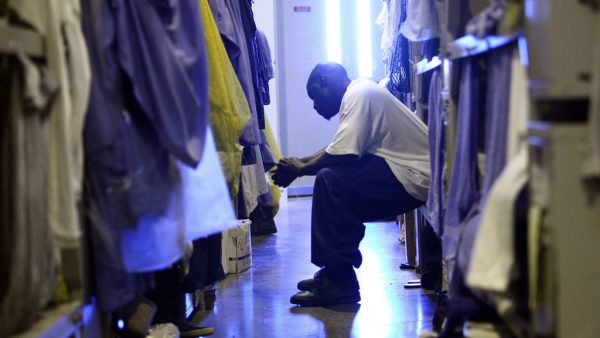Fay Zenoff recently met a friend for dinner at a sushi restaurant in Sausalito, Calif. After they were seated, a waitress asked if they’d like wine with dinner. Her friend ordered sake. Ms. Zenoff declined. “Not for me,” she said. “I’m celebrating 10 years of sobriety this weekend.”
Because of the stigma attached to addiction, Ms. Zenoff, who is 50, took a risk speaking so openly. But when she and her friend finished eating, the waitress reappeared. This time she carried ice cream with a candle in it and was accompanied by fellow members of the restaurant staff. They stood beside Ms. Zenoff’s table, singing “Happy Birthday.” The evening, Ms. Zenoff recalled, was “just amazing.”
A victory, too. For 25 years, Ms. Zenoff, who began adult life with an M.B.A. from Northwestern, was an alcoholic who dabbled in heroin, Ecstasy and cocaine. “I felt so much shame about my past behavior,” she said, “that it was a huge hurdle to admit I was in recovery even to my family and friends.” It took three years for her to speak up among friends and another three for her to do so publicly.
Now as executive director of the Center for Open Recovery, a Bay Area nonprofit, she’s promoting an idea considered radical in addiction circles: that people in recovery could be open and even celebrated for managing the disease that is plaguing our nation. She and other advocates believe that people in recovery could play a vital role in ending the addiction epidemic, much as the protest group Act Up did in the AIDS crisis.
It’s an idea that fits with the report released by President Trump’s opioid commission last week. Among the report’s 56 recommendations was a suggestion that the government battle stigma and other factors by partnering with private and nonprofit groups on a national media and educational campaign similar to those “launched during the AIDS public health crisis.”
Speaking up, however, carries real risk. People — especially doctors and pilots and others in similarly sensitive occupations — fear losing jobs, promotions and social standing if they admit they’re in recovery. The paradox is that stigma is most effectively dispelled through openness.
The need has never been greater. Approximately 21 million Americans suffer from substance abuse. On average, 175 die from overdoses every day.





